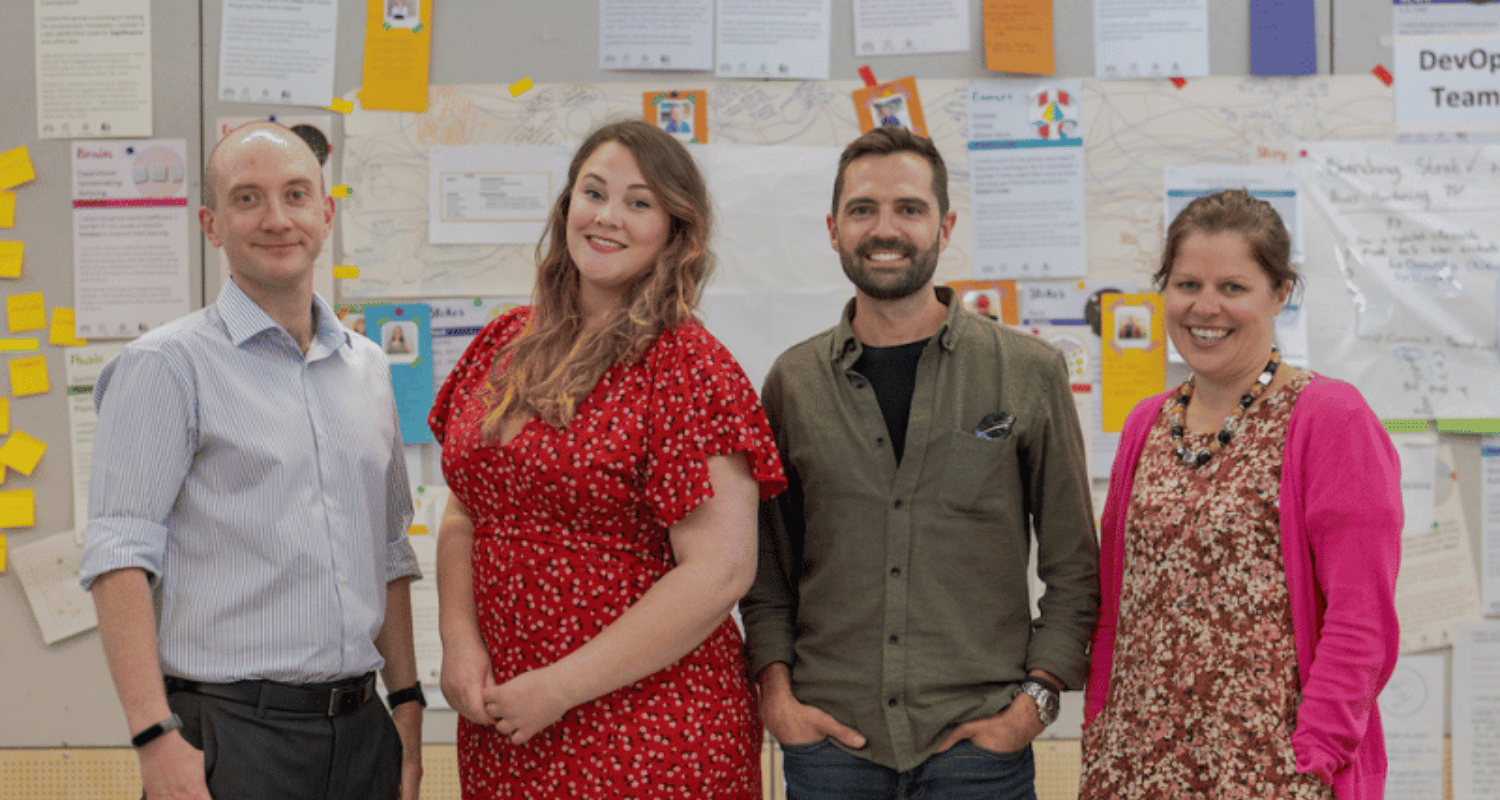One aim of our 2030 Digital Strategy is to “find ways for people to develop digital skills quickly and apply them to real working situations”. We know that in order to deliver our vision of becoming ‘the most accessible and connected university destination for any user’, we must ensure we have the capabilities in place to do so. Katie Steen and Dave Weller are our Digital Skills Leads in the Digital team at the University of Exeter, focusing on finding these ways for our University community to develop their digital skills. In the next post of their digital skills series, Katie discusses the topic of ‘digital creation’.
The subject of digital creation is a really interesting one at the moment, as Artificial Intelligence launches itself more into our everyday world and the traditional pen and paper become more and more threatened. The University of Exeter’s Digital Skill lead, Katie Steen, discusses more.
What is the meaning of digital creation?
At a time when Artificial Intelligence seems to be the main topic of conversation at work and at home, it’s easy to experience a mixture of emotions. On the one hand, should we embrace the potential that AI can offer – for example, use it to help us write a poem and even support it with AI-produced illustrations? Or, should we view this as a control over our creative capabilities as it wasn’t directly designed/ created by us.
Whilst my role here is not to provide the answer, as Digital Skills Lead it is useful for me to understand the various emotions, challenges and anxieties that are experienced by the introduction of new technology, and how best they can be supported.
If we consider JISC’s definition of Digital Creation as “the digital production of content”, then the answer is subjective – whether individuals view this as being directly and wholly produced by a human…or not.
To embrace or dismiss?
As a former videographer, I have faced my own varied emotions by the changes in technology over recent years. Having been trained twenty years ago to film on large back-breaking cameras, to now watch movies recorded entirely by mobile phones (or not, in the world of AI), I’m amazed by how far technology has come!
Likewise, on a regular basis I’m blown-away by the quality and creativity of the designs produced by designers I work with in the Digital team, who use state of the art technology to aid them in their roles.
However, I do also recognise the anxieties and fear of the unknown that can come when delving into using technology in this way and empathise with those that still prefer to use a pen and paper for certain creative tasks.
Our need to be aware of the technical and intellectual accessibility considerations that play an important role when producing digital content, is also something to throw into the mix when discussing each other’s viewpoints.
Support available
Whatever your opinion, as digital skills leads, my colleague Dave Weller and I are here to support all University staff in developing their digital capabilities in a way that meets each individuals level of need and interest.
If you’re a University of Exeter colleague interested in finding out how we are doing that, please take a look at our Digital Skills Initiative SharePoint site, or get in touch with the team to learn more.
View our 2030 Digital Strategy.
Learn more about the products and services we’re working on.

